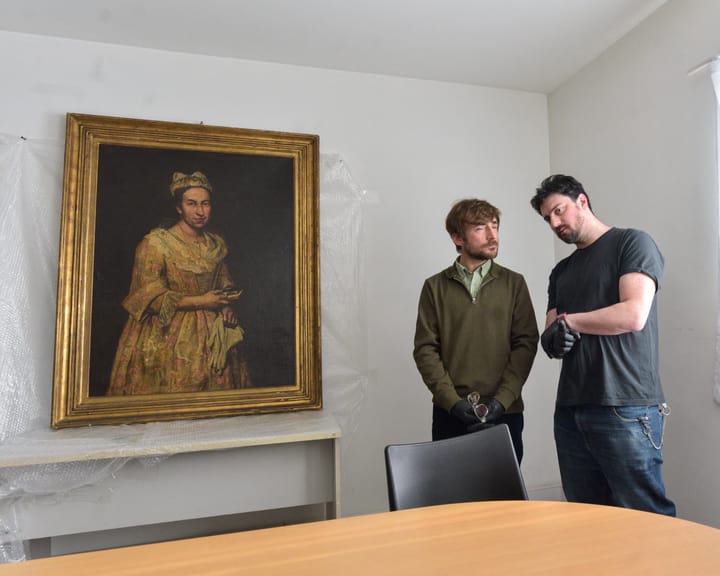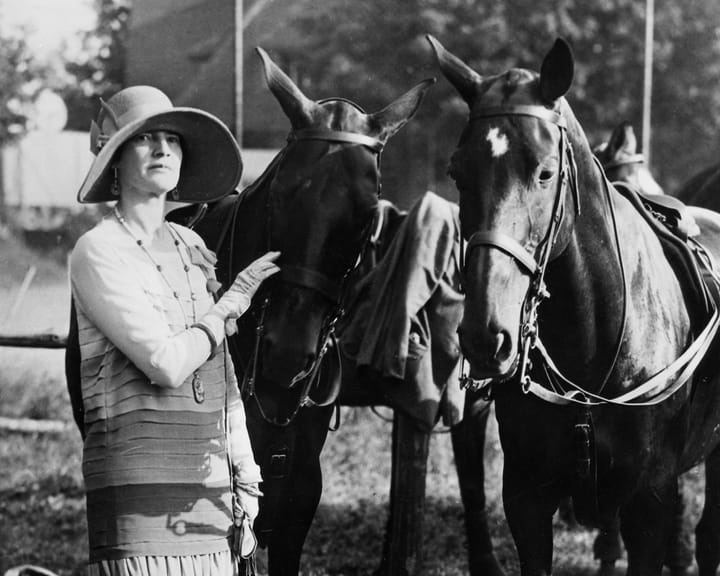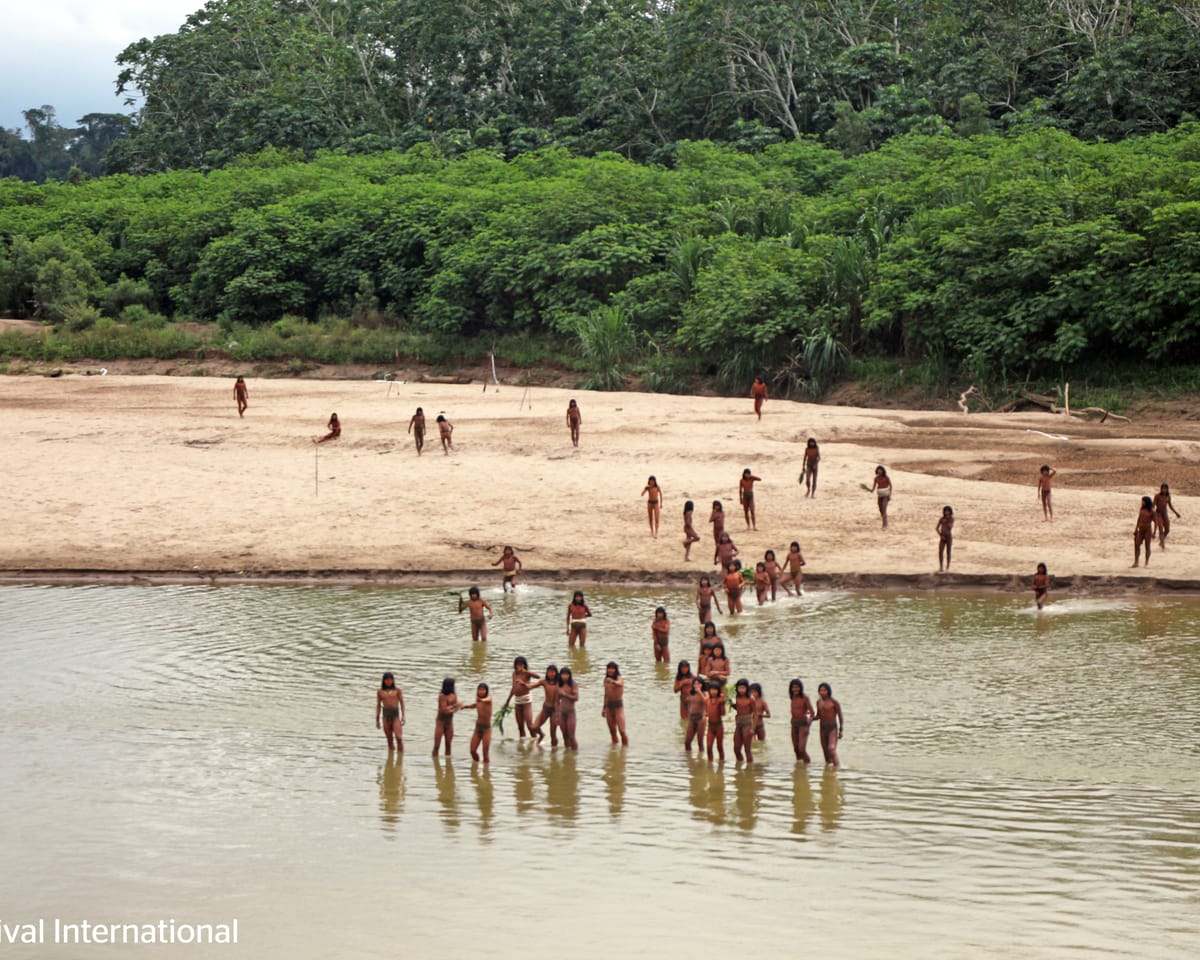Members of an isolated tribe in Peru’s Amazon region, who typically avoid outside interaction, have been spotted entering a nearby village—an action activists view as a concerning signal of pressure from nearby development.
The appearances of the Mashco Piro people coincide with construction by a timber firm of a bridge that could allow easier entry into their territory, increasing the potential for disease transmission and conflict, according to advocates for Indigenous rights.
The Mashco Piro are among the largest groups in the world with no sustained contact with outsiders, a lifestyle that safeguards their culture and health. Even mild illnesses can be fatal due to their lack of immunity.
In the past, loggers who intruded on their land have been attacked and killed.
Enrique Añez, a leader of the nearby Yine community, reported that Mashco Piro individuals had been seen near the village of Nueva Oceania.
“This is deeply troubling. They are at risk,” Añez stated.
He mentioned that heavy machinery near the village is carving routes through the forest and across rivers into Mashco Piro lands. The area around Nueva Oceania serves as a primary entry point to their territory, making it one of the few places where they have occasionally appeared.
**Growing dangers for timber workers and Indigenous communities**
Last year, images emerged showing Mashco Piro individuals near active logging areas. Experts warn that contact could introduce diseases or trigger violence—both threats that have devastated other isolated Amazonian groups.
In a previous incident, two loggers were killed in attacks after entering the tribe’s territory.
“A year after these encounters and fatalities, protections for the land remain unchanged. Now, both the Mashco Piro and loggers have reportedly been seen in the same area at nearly the same time,” said Teresa Mayo, an advocate working on Indigenous issues. “A confrontation could be close.”
Mayo noted that the logging firm near the tribe has resumed its usual operations.
“They still hold government permits, allowing them to continue despite endangering the Mashco Piro and their own workers,” she said.
An international organization overseeing sustainable forestry has temporarily halted its endorsement of the timber company, Maderera Canales Tahuamanu, until November. However, evidence of bridge construction and machinery suggests logging persists.
The company’s authorized logging zones border the Madre de Dios territorial reserve and overlap with areas Indigenous groups have proposed for protection.
Read next

"TikTok star highlights political power of South Africa's unsung culinary treasures"
Solly’s Corner, a popular eatery in downtown Johannesburg, was busy. Pieces of hake and crisp fries crackled in the fryer, green chillies were chopped, and generous amounts of homemade sauce were spread onto filled sandwiches.
Broadcaster and food enthusiast Nick Hamman stepped behind the counter, where Yoonas and Mohammed

Nazi-looted 18th-century portrait found in Argentina after 80 years
There was nothing particularly unusual about the middle-aged couple living in the low, stone-covered villa on Calle Padre Cardiel, a quiet street in the tree-lined Parque Luro neighborhood of Mar del Plata, Argentina’s most well-known coastal city.
Patricia Kadgien, 58, was originally from Buenos Aires, roughly five hours north.

"An aristocrat hid her Jewish lover in a sofa bed amid daring acts of German resistance to the Nazis"
Resistance in the Shadows: Germans Who Defied the Nazis
Growing up, our home had a steadfast rule: nothing German was permitted. No appliances from German manufacturers in the kitchen, no cars from German automakers in the driveway. The decree came from my mother. She was not a survivor of the

